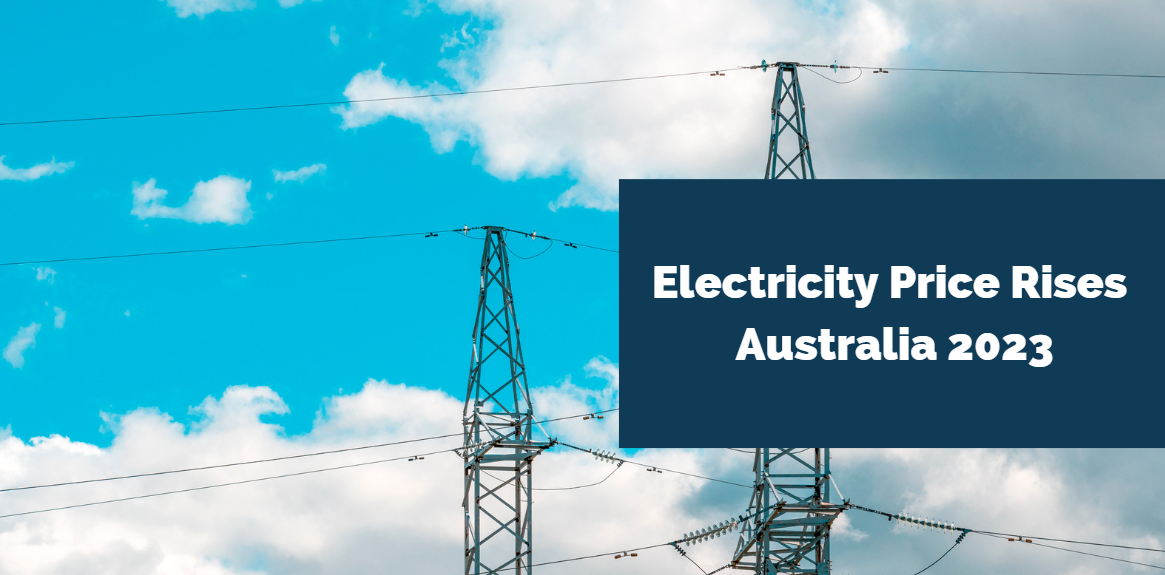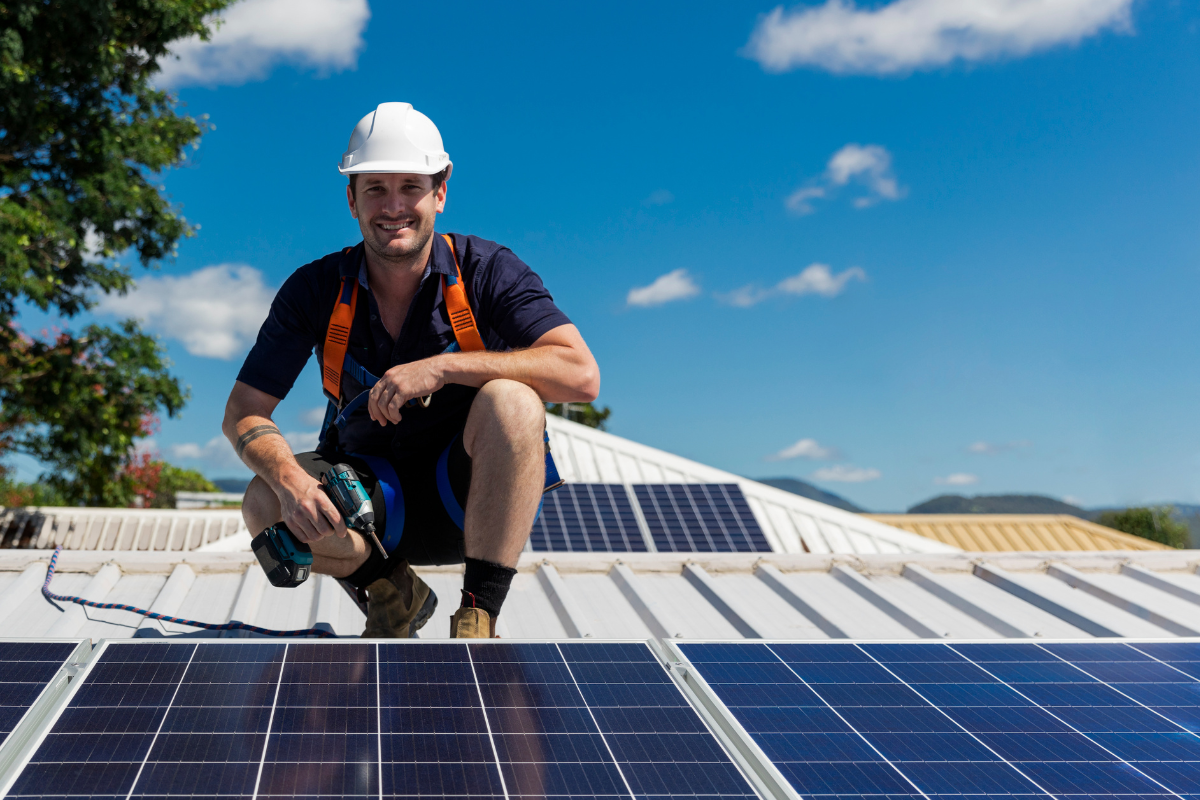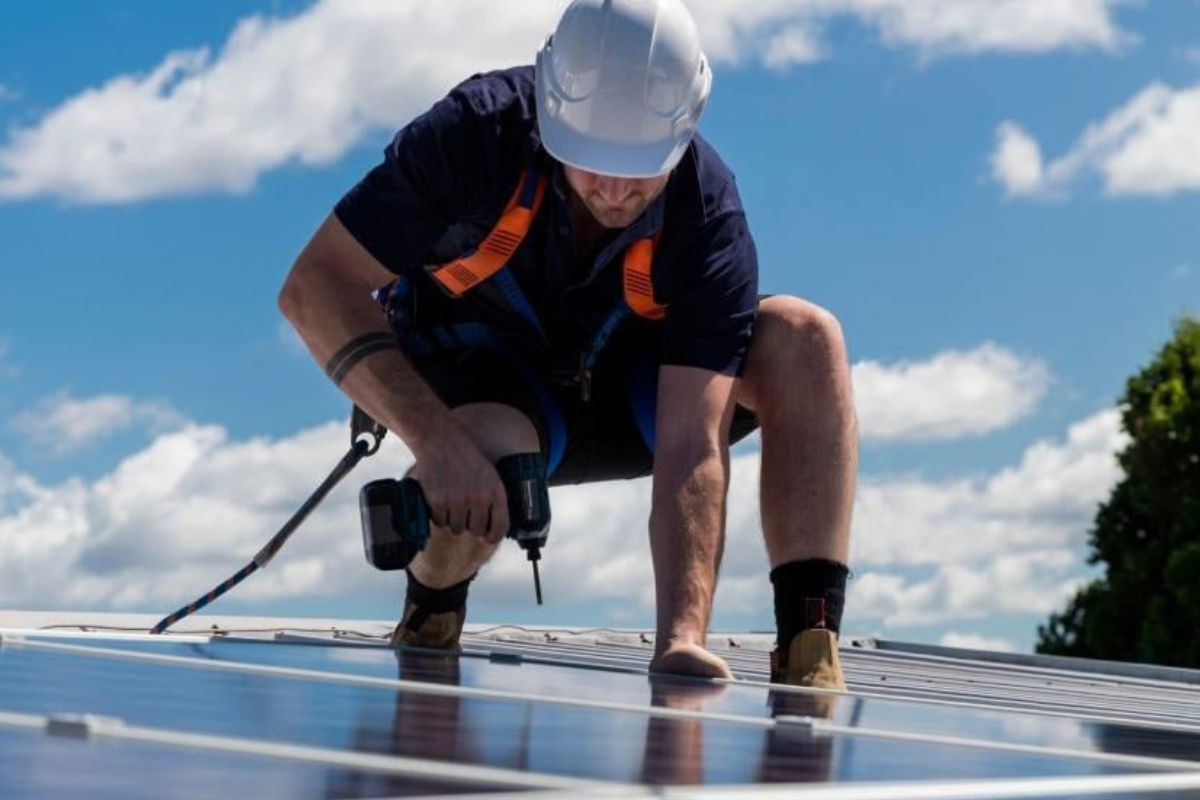Electricity Price Increase in Australia 2023 - VIC and NSW Worst Hit
Updated: May 2023
As we enter the new year, Australians are bracing themselves for an unwelcome surprise: electricity prices are set to rise significantly in 2023. The country's electricity sector is facing a perfect storm of factors, including rising wholesale prices, an aging grid, and international turbulence affecting supply and demand.
It was originally forecasted that households could expect to see their electricity bills increase by up to 31% in some states, though it seems to have settled at a high of 25%. This news is likely to come as a blow to many Australian families, who are already feeling the pinch from rising living costs and a sluggish economy.

How much will electricity prices rise in 2023?
It differs by state, but Australians can expect an average rise of 20-25%.
Victoria is the worst impacted, with an estimated increase of 25%.
New South Wales can expect around 24%.
These price rises are now final, and will come into effect from July.
When will electricity prices increase?
While the confirmation of the extent of the electricity price rises occurred in May 2023, these electricity price increases are expected to come into effect on 1 July 2023.
Why are electricity prices going up?
The main driver of the price increase is a surge in wholesale prices. Coal and gas are finite resources - and when supply can’t meet demand, the price can surge. Right now, a shortage internationally is driving up the price of the fossil fuels needed to generate traditional energy.
The result is that energy companies are being forced to pay more for the electricity they need to supply to households and businesses, which is inevitably passed on to consumers in the form of higher bills.
The Australian Government Response
If you're asking yourself why the government hasn't stepped in to regulate the situation - they have. The government's pre-emptive intervention is suspected to have saved Australian households from an even more grievous price hike up to a dizzying 40% to 50%.
"Price rises could have been as high as 50%" - Government Response
Critics argue that the government has been slow to invest in new renewable energy projects, and has instead focused on propping up the country's struggling coal industry.
What has the government done to help?
The government’s investment in renewable energy has been slow but is already showing promise.
Federal STCs
In an effort to incentivise the adoption of renewable energy, the Australian government has introduced a system of Small-scale Technology Certificates (STCs). These certificates are issued to households and businesses that install eligible small-scale renewable energy systems, such as solar panels or wind turbines.
VIC Solar Rebates
In Victoria, the state government has implemented a solar panel rebate scheme to encourage homeowners to install solar panels and reduce their dependence on grid electricity. Under the scheme, eligible households can receive a rebate towards the cost of installing a solar panel system. The rebate is means-tested, with higher rebates available to low-income households and those in regional areas. The government hopes that the scheme will not only help households save money on their electricity bills but also reduce greenhouse gas emissions and create jobs in the solar industry. The rebate scheme has been popular, with thousands of households taking advantage of the program since its introduction.
Read our article here for more information about getting solar panels in Melbourne.
ACT Interest-Free Green Loans
In the Australian Capital Territory, the government provides interest-free loans up to $15,000 to help households make the switch to solar power.
NSW Free Small Solar Panels
New South Wales provides free solar panels to very low-income households, however, these are tiny units that experts say will struggle to have any genuine impact. Certain councils may invest in their local renewable energy targets, too.
What about Electric Vehicle owners?
Electric vehicle owners may face additional anxieties around the rising costs of electricity, as they use it not just to power their homes, but to power their transport. Reposit has seen an increase in enquiries for solar and battery systems from EV owners intent on averting the worst of the power price surges. Please feel free to reach out if you’re concerned about price rises and would like to run the numbers on getting solar power that is EV compatible.
Conclusion
As we move into 2023, it seems clear that Australians will continue to feel the effects of rising electricity prices for some time to come. While there are no easy solutions to the challenges facing the country's energy sector, it is clear that urgent action is needed to ensure that households and businesses can access affordable and reliable energy in the years ahead.
Reposit Power will continue to support the adoption of renewable energy by providing all our customers with complimentary access to our No Bill Power Plan. This guarantees you’ll receive no power bill, or we’ll pay it for you. We believe Australians deserve total relief from the issues plaguing fossil fuels, aging power plants, or any other variables.

